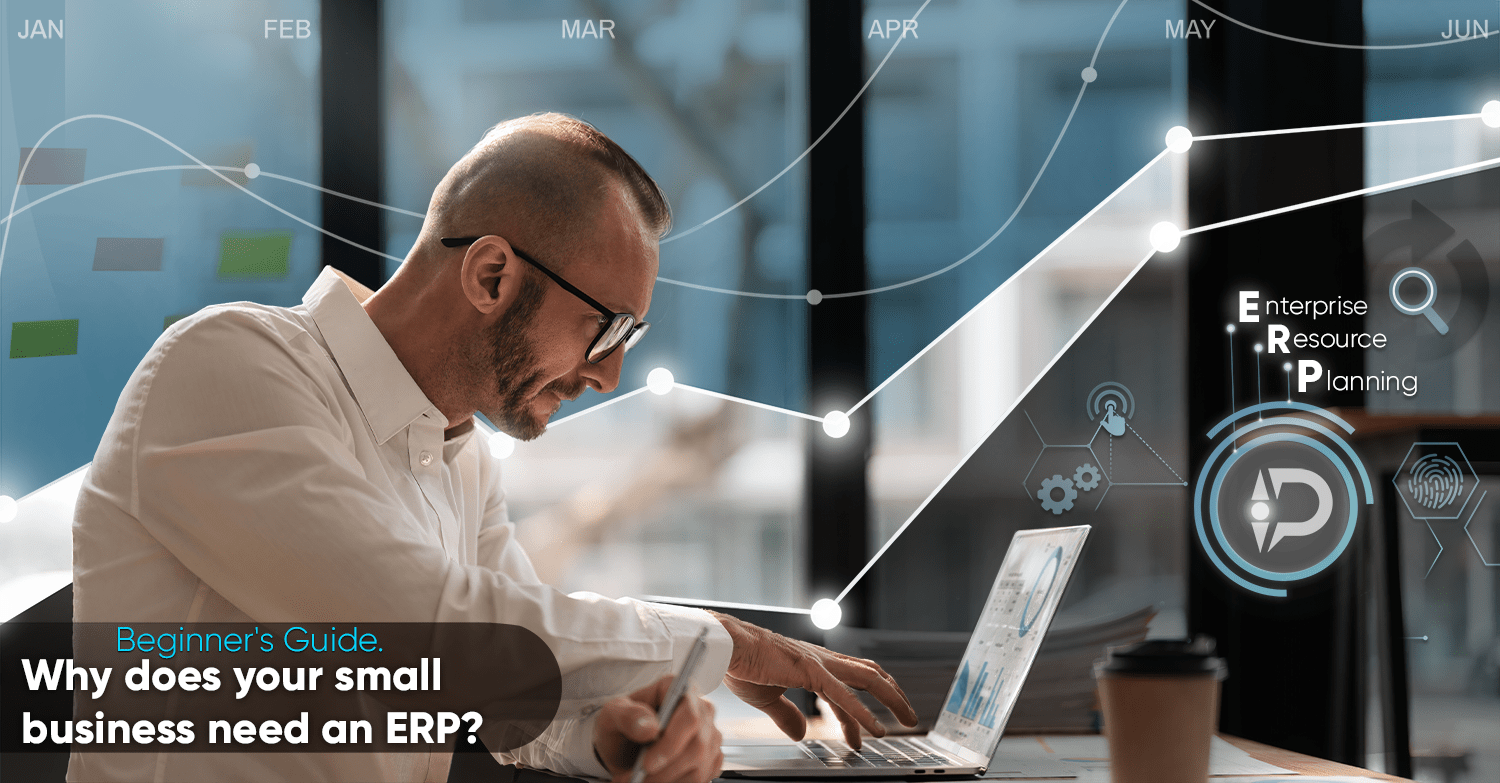
In the dynamic realm of small business management, staying competitive requires strategic thinking and efficient processes. An essential tool for businesses of all sizes, including small enterprises, is the Enterprise Resource Planning (ERP) system. If you’re new to the concept, this beginner’s guide explains why implementing an ERP system can benefit your small business.
Streamlined Operations:
Managing various aspects of your business, such as inventory, sales, customer data, and finances, can quickly become overwhelming. An ERP system acts as a central focal point, integrating these functions into a unified platform. This streamlines operations, reduces duplication of effort, and ensures accurate data across departments.
Real-time Insights:
No longer do you need to rely on outdated data for important decisions. An ERP system offers real-time insights and analytics, enabling quick and informed choices. Whether tracking sales trends, inventory, or cash flow, instant access to current data enhances your decision-making abilities.
Improved Collaboration:
Smooth teamwork and communication are crucial for small business success. ERP systems facilitate seamless collaboration, allowing departments to easily share information. This promotes cross-functional teamwork across sales, marketing, finance, and operations, ultimately boosting efficiency.
Enhanced Customer Service:
Customers drive your business, and meeting their needs is vital. An ERP system enables a full view of interactions, purchases, and preferences. This data allows for personalized experiences, quick issue resolution, and the cultivation of lasting customer relationships.
Cost Efficiency:
Managing a small business involves handling limited resources. An ERP system enhances resource allocation by automating tasks, reducing manual input, and lowering the chance of errors. This leads to cost savings and improved efficiency, enabling strategic resource allocation.
Scalability and Growth:
As your small business grows, handling greater complexities can be daunting. An ERP system is built to expand with you, accommodating more users, processes, and data. This adaptability ensures your business can succeed in evolving market conditions.
Data Security:
Ensuring the security of sensitive business data is paramount. ERP systems offer strong security features like user access controls, data encryption, and regular updates to protect against cyber threats.
In the competitive business world, small enterprises seek every advantage. An ERP system provides a holistic solution for operations, data analysis, collaboration, and growth. Implementation streamlines operations, enhances decision-making, and positions small businesses for success in a dynamic market. Embrace technology’s power to elevate your business with an ERP system.
